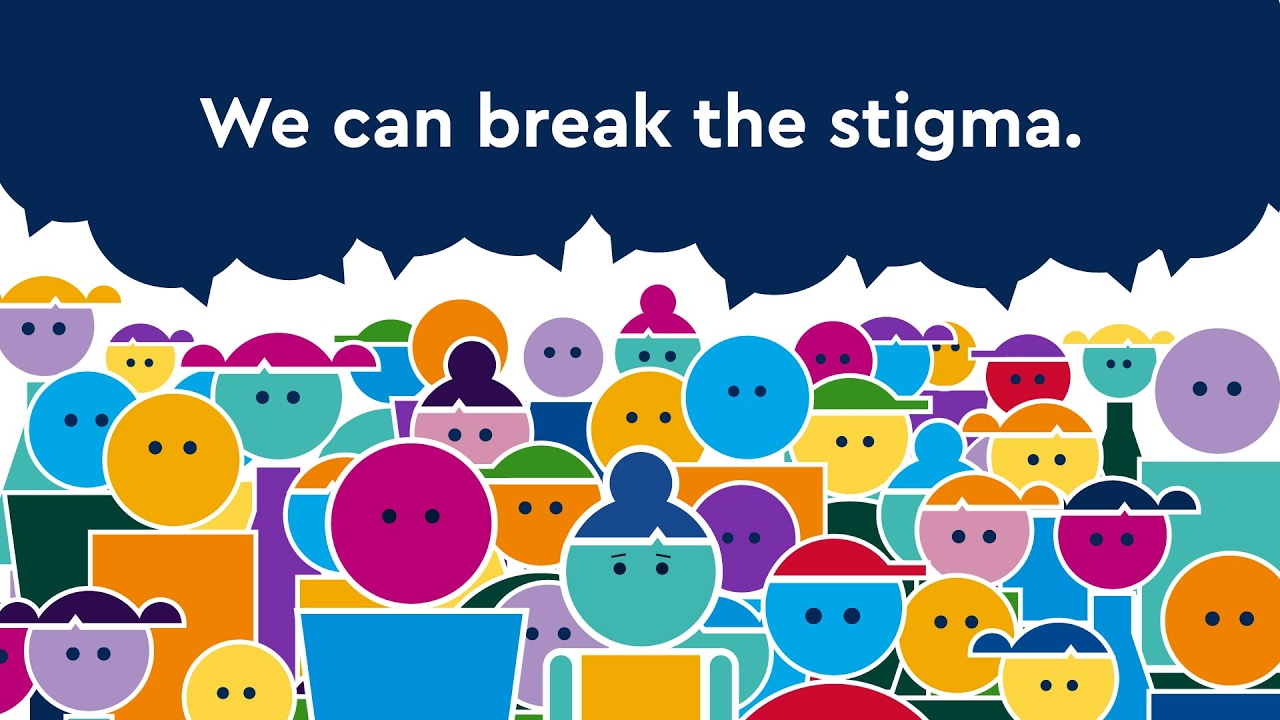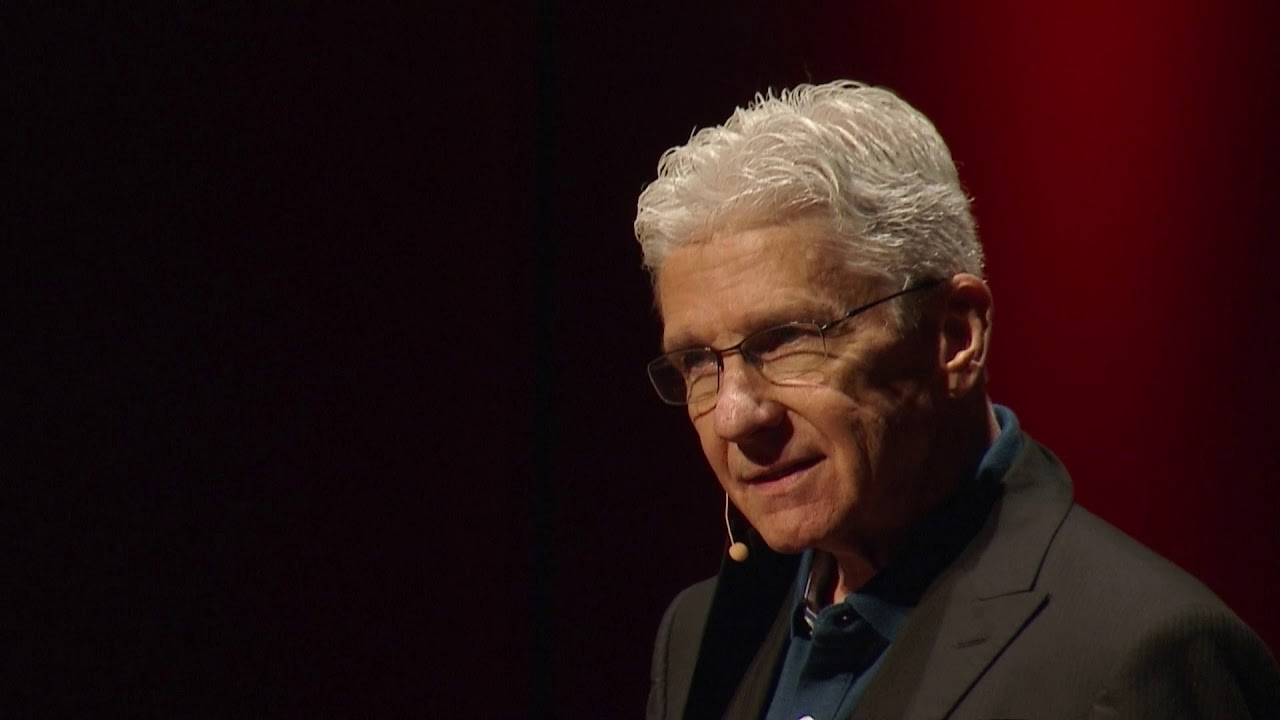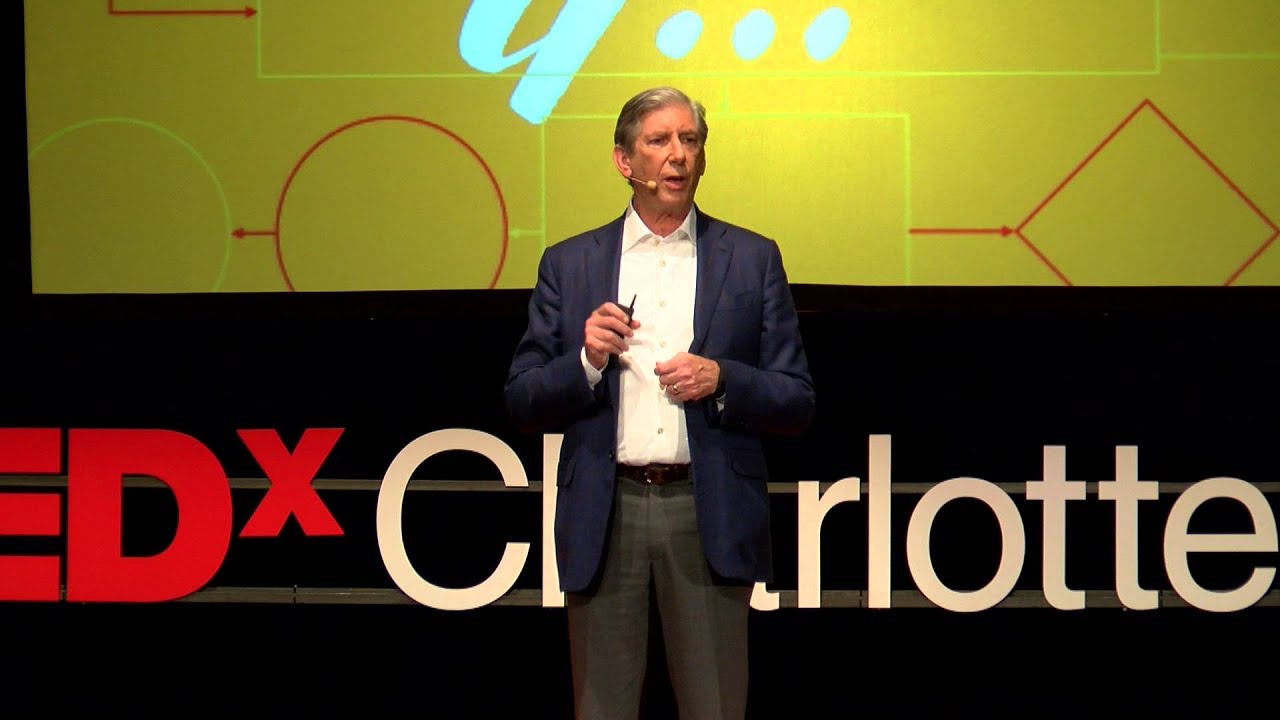Hey there, fitness warriors! We’ve all heard the stories about champions lifting their way through struggles, right? But what about the hidden battles we often ignore? The stigma surrounding mental health is a beast all on its own—something that not only affects how we see ourselves but also how we operate in our daily lives, even in our fitness journeys. Today, we’re diving deep into this critical issue and unraveling the myths that fuel it. Ready? Let’s crush this together!

Understanding Stigma: Definitions and Psychological Frameworks
To tackle the stigma surrounding mental health, we must first define it accurately. Stigma is basically a collection of negative attitudes and beliefs society holds about a particular group. It’s like a dark cloud that can hang over individuals battling mental health issues, making them feel isolated and judged. The World Health Organization highlights that this stigma mainly arises from a lack of understanding, leading to prejudice against those grappling with mental health challenges.
Now, what factors contribute to this issue? Psychological frameworks like Labeling Theory suggest that when you label someone as “mentally ill,” it can be challenging for them to shake that tag. Similarly, the Social Identity Theory emphasizes how one’s self-concept (the view of oneself) can be affected when society pronounces judgment. The Theory of Planned Behavior takes things further, showing us how societal attitudes can deeply impact personal intentions and behaviors. All in all, these theories shed light on how stigma not only forms but continues to thrive, influencing our lives like a heavy weight on our shoulders.

Top 7 Impacts of Stigma on Mental Health and Society
Now let’s dive into the nitty-gritty. Here are the top seven impacts of mental health stigma and why it’s time we take it seriously:
1. Reluctance to Seek Help
A staggering 60% of individuals with mental health issues shy away from therapy due to fear of being labeled “crazy.” They’d rather walk it alone. Let’s face it, folks: stigma whispers that seeking help is a sign of weakness, when it’s actually a bold step toward strength.
2. Social Isolation
Feeling alone in a crowd? That’s how many with mental health issues experience life thanks to stigma. Research from the American Psychological Association shows that stigma can push individuals into social withdrawal, making recovery seem like an uphill battle. Just look at the stories of incredible talents like Kurt Cobain. Isolation can kill creativity and opportunities.
3. Employment Challenges
Let’s talk about jobs! A mind-blowing 83% of people believe that mental health discrimination significantly hampers job prospects. Companies like Starbucks are trying to change the narrative by offering training to help eliminate stigma in the workplace. This step can save lives and careers.
4. Internalized Stigma
You know that inner voice that tells you you’re not good enough? That’s what internalized stigma feels like. Those who internalize negative views about mental health face increased shame, leading to a spiral of hopelessness. Celebrities like Demi Lovato have opened up about the struggle, reminding us that it’s okay to ask for help.
5. Decreased Quality of Life
The darker side of stigma can lead to an overall drop in quality of life. Many experts point out that societal attitudes directly correlate with an individual’s mental state. When stigma breeds anxiety and depression, it’s a loss that affects us all.
6. Impact on Policy Making
Stigmatization doesn’t just hurt individuals; it affects policies too. Nations like Canada are doing notable work to break the chain through public campaigns like “Bell Let’s Talk,” which focuses on demystifying mental health. This shift could be what we need to see better funding and policies.
7. Influence on Research and Innovation
Here’s the kicker: stigma can stall research and innovation in mental health. Companies like Mindstrong are stepping up with impressive technology advances for mental health, but they often struggle due to society’s misconceptions. Let’s clear this cloud!

Breaking the Cycle: Influential Campaigns and Personal Stories
Education is the weapon we need to fight stigma. Initiatives like Rethink Mental Illness in the UK aim at reshaping public understanding through honest and open conversations. Then there are influencers like Prince Harry and Meghan Markle who have taken the fight to the forefront, shedding light on personal experiences that resonate with us all.
Their openness invites others to share their stories too. It reminds us that no struggle is too small to talk about. Weiss speaks about real-life experiences that help identify the unseen battles many of us face. The power of voice can create an avalanche of change!

Innovative Perspectives: The Role of Art and Expression in Combating Stigma
Art can be a game changer in combating mental health stigma. Organizations like The Piccolo Project engage creative minds to express their journeys through art, allowing us to see the human behind the label. This innovative approach pulls us closer to understanding.
Visual storytelling helps evoke empathy and understanding, ultimately breaking down barriers. Instead of being stigmatized as “crazy,” individuals can be seen as warriors sharing their battles. Art makes the intangible, tangible.
As we stride further into this decade, our conversations around mental health are changing. It’s time to lift the veil of stigma through education and advocacy. Let’s make the commitment to create a society that champions understanding, support, and acceptance, making mental health as vital as our physical fitness goals. Together, we can build a stronger, more supportive community.
So, are you ready to help redefine mental health and break the stigma? Let’s do this—together! 💪

Stigma: Understanding Its Weight on Mental Health
Stigma in Society
Stigma surrounding mental health isn’t just a buzzword; it profoundly affects lives. Did you know that many people incorrectly associate mental illnesses with violence? This misconception leads to misunderstandings and fear. Interestingly, public figures like Kamala Harris have worked tirelessly to shed light on mental health issues, highlighting their importance in our society. Such initiatives are crucial, especially when you consider that a staggering number of individuals face stigma alone, keeping them from speaking out or seeking help, much like the struggles depicted in Martin Scorsese films, where characters often battle inner demons.
The Impact on Individuals
Stigmatization can lead to significant emotional distress, social isolation, and even deter individuals from accessing necessary treatment. Just like the characters in films such as The Wolf of Wall Street, where personal struggles intertwine with external success, people grappling with mental health issues often hide their pain behind a façade. Take Meesha Garbetts perspective on mental health awareness; she emphasizes how breaking down barriers can foster empathy and support. When communities come together to challenge stigma, lives can truly change.
Moving Forward
As we look towards September 2024, there’s a growing push to create open conversations around mental health. Everyone has a role to play in this journey—be it through support groups or simply understanding mental health better, much like the camaraderie found among the cast of industry films. The conversation is shifting from Is weed legal in Nevada? to understanding the implications of such substances adjacent to mental health. By unraveling the layers of stigma, we give ourselves a chance to heal collectively, turning discussions from hushed whispers to bold declarations of support. Don’t wait for the next breakthrough—let’s address these issues now, because together, we can rewrite the narrative.



























